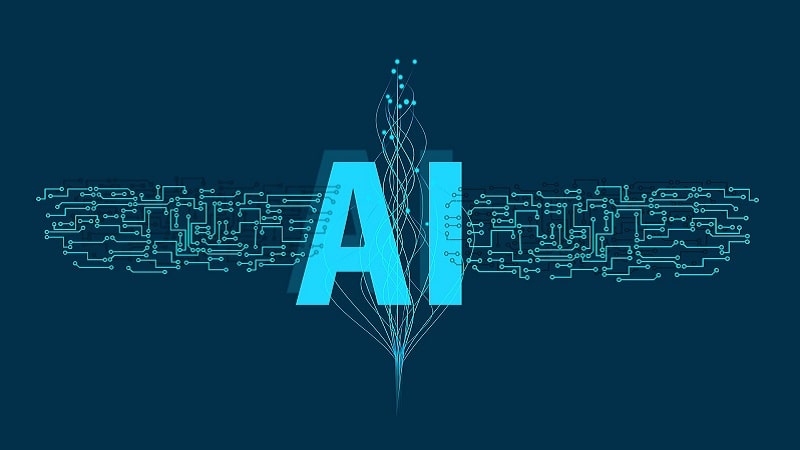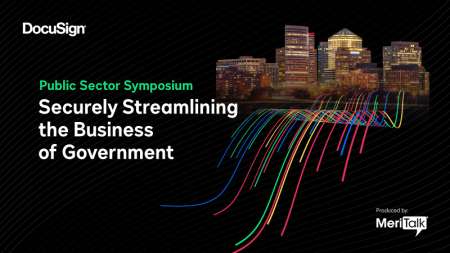
Chief Technology Officer (CTO) of the Cybersecurity & Infrastructure Security Agency (CISA), Brian Gattoni, discussed the future of applying artificial intelligence (AI) to Federal cybersecurity operations during the Billington Cybersecurity Summit on September 7.
Gattoni gave insight into how companies can get their foot in the door, where they should direct their focus, and how to prepare their workforce in relation to the intersection of AI and cybersecurity.

The CTO emphasized the importance of employers training their staff in the basic understanding of emerging technology, like AI, machine learning, and script automation.
“If we don’t have access to the data we need to run through the automation and arrive at the answers that support our decision cycles and support our mission, it’s not going to work. Then we as humans get frustrated and blame the tech for not automatically knowing what the answer was to the question, we were applying in the first place,” Gattoni said.
“Technology is not the problem. Technology is part of the solution,” he said. “That means understanding [technology].”
Understanding and applying emerging technology like AI often comes with conversations referring to the mental well-being of “over-worked” cyber experts. Gattoni referred to his employers and their AI machines as having a “symbiotic relationship.”
To address burnout, according to Gattoni, CISA has laid out three general principles for workforces that are engaging in AI development and data curation:
-
- Remain mission-driven
- Stay risk-informed
- Be value-based
“Our workforce reflecting our society and what people value as a culture amongst our nation and our allies has to be reflected in our pursuit of artificial intelligence,” Gattoni said. “To explain the ability, the privacy implications, the transparency as we are approaching this new technology has to reflect who we are to genuinely support our mission, and that includes the makeup of the workforce.”
Part of Gattoni’s job is to look into the future of emerging technology and understand where it’s going in the next two to three years. According to him, AI is going to make our lives a lot easier – if we let it.
“You learn to make the machines smarter, and the machines learn to make you smarter, and you can work together to tackle problems,” Gattoni said.
